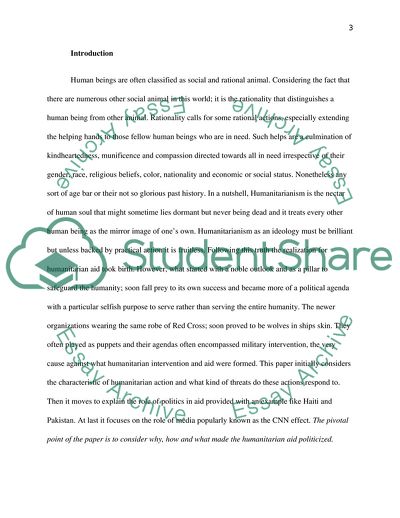Cite this document
(The Changing Nature of Humanitarian Aid and Work Research Paper Example | Topics and Well Written Essays - 3250 words, n.d.)
The Changing Nature of Humanitarian Aid and Work Research Paper Example | Topics and Well Written Essays - 3250 words. https://studentshare.org/history/1795932-the-politicization-humanitarian-aid
The Changing Nature of Humanitarian Aid and Work Research Paper Example | Topics and Well Written Essays - 3250 words. https://studentshare.org/history/1795932-the-politicization-humanitarian-aid
(The Changing Nature of Humanitarian Aid and Work Research Paper Example | Topics and Well Written Essays - 3250 Words)
The Changing Nature of Humanitarian Aid and Work Research Paper Example | Topics and Well Written Essays - 3250 Words. https://studentshare.org/history/1795932-the-politicization-humanitarian-aid.
The Changing Nature of Humanitarian Aid and Work Research Paper Example | Topics and Well Written Essays - 3250 Words. https://studentshare.org/history/1795932-the-politicization-humanitarian-aid.
“The Changing Nature of Humanitarian Aid and Work Research Paper Example | Topics and Well Written Essays - 3250 Words”. https://studentshare.org/history/1795932-the-politicization-humanitarian-aid.


